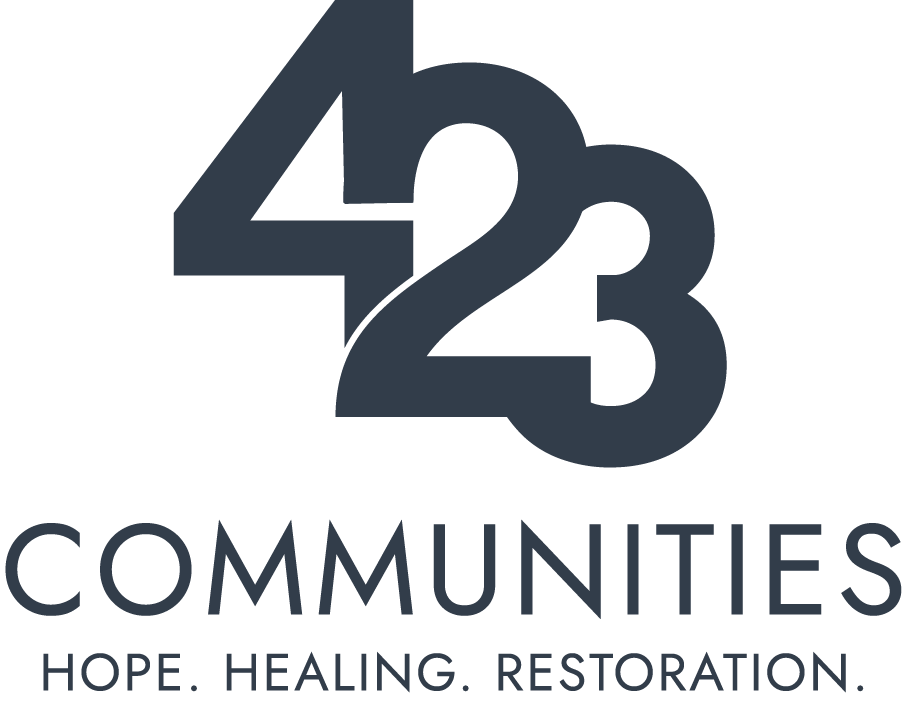Invented Realities
Then the Lord said to Cain, “Where is your brother Abel?”
“I don’t know,” he replied. “Am I my brother’s keeper?”
Genesis 4.9 NIV
Cain was a murderer. In a fit of jealous rage “Cain attacked his brother Abel and killed him” (Genesis 4.8).
But was Cain a liar? At first glance it seems that he was. Surely Cain knew of his dead brother’s whereabouts. The LORD inquired, “Where is your brother?” and Cain responded, “I don’t know.” But did he?
Our minds can play tricks on us. We know only what we choose to see. Some truths are more intense than we think we can tolerate, so we minimize, pretend, ignore, forget, anesthetize, rationalize, or medicate reality away. Our brains possess a remarkable capacity to invent new realities, which are more self-serving and palatable than the old ones. Invented realities seem to work well for us. They allow us to function, but only for a time. Truth can be threatening. It can cripple emotionally and render us helpless, or worse, force us to face reality and become responsible for it. Denial is much easier, and often presents itself as the more desirable path.
Did Cain know where his brother was? Maybe not. To allow himself such knowledge would have meant taking responsibility for his brother’s condition. Answers to probing questions like, “Where is my brother?” and “Am I my brother’s keeper?” depend entirely upon one’s choice of realities. If I invent my own reality, as did Cain, then I may honestly reply to the question of my hurting brother’s whereabouts with: “I don’t know.” If I make it my business not to know where my brother is, then I do not need to become his “keeper.”
This self-serving logic undermines a sense of community and lays the groundwork for a life of denial. Denial is an alluring and powerful form of self-deception, hurting everyone in its path.
423 Communities provide an alternative to denial about your sexual sin. We choose to participate in a safe and grace-filled environment where we can tell the truth about ourselves to others who will offer empathy, compassion, mercy, strength, hope, friendship, and love.
Contributor: Dave S.

